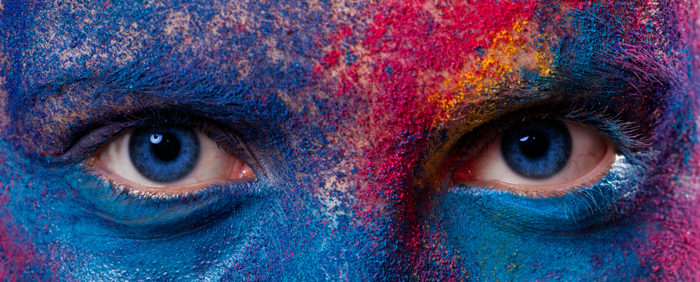Depression in college students is more common than we care to admit.
The transition from high school to college can be emotionally taxing. Many young adults feel the pressures of moving to a new phase in their lives. Oftentimes, outside pressures like parents, friends, and relationships can contribute to depression and other kinds of mental illness. As time progresses, depression rates in college students continue to grow. Our drug and alcohol treatment center in Palm Beach may be able to shed some light on this common topic.
What is Depression?
Depression, formally known as major depressive disorder, is a serious mental disorder that negatively impacts your thoughts, emotions, and behavior. Depression is known for causing feelings of extreme sadness and loss of interest in things that were once enjoyable. Without depression treatment, an individual with this disorder may begin to experience physical symptoms.
Some symptoms of depression include:
- Extreme feelings of sadness
- Loss of interest in activities you once enjoyed
- Extreme fluctuations in weight
- Loss of energy
- Increased fatigue
- Feelings of worthlessness or guilt
- Feelings of emptiness
- Difficulty thinking or concentrating
- Suicidal thoughts or idealization
An individual will be diagnosed with depression if they experience these symptoms for at least two weeks and experience severe changes in behavior and daily function.
Get a Free Insurance Verification Today!
"*" indicates required fields
What is the Correlation Between College Students and Depression?
So, why is depression so common in college students? Well, while not everyone who has symptoms is diagnosed with major depressive disorder, there are plenty of adults who have had at least one major depressive episode. In a 2017 National Survey on Drug Use and Health, it was reported that an estimated 17.3 million adults in the United States have at least one of these episodes.1 For some, it may be just an episode, but for others, it develops into a mental disorder.
Regarding college kids’ depression, their mental illness may be a byproduct of the pressures, challenges, and anxieties they face in the transition to college and during their time there. Homesickness, an overabundance of assignments, clubs, resumes, internships, sleep schedules, and social lives can all contribute to mental health issues in college students. These young adults are adapting to new schedules, becoming accustomed to their often-new independence, and adjusting to life with roommates. Many college students are also becoming involved in serious romantic relationships that can extend beyond their academic career. Dealing with these changes all at once can easily cause or reveal depression.
Signs of Depression in College Students
Occasional feelings of sadness or anxiety are pretty normal in anyone, especially in college students. Oftentimes, these emotions pass after a few days. However, there’s a reason why people wonder, “why is depression so common in college students?” Quick answer: because it is! Sometimes we brush off symptoms of depression because we think they’re a result of the stress that’s bound to occur in college. However, when a person has a major depressive disorder, it will reveal itself in a variety of ways.
Signs and symptoms of depression in college students include:
- Extreme feelings of sadness or emptiness
- Irritability
- Emotional outbursts
- Frequent mood swings
- Isolation from others
- Loss of interest in activities that were once normal or pleasurable for the person
- Fluctuations in weight
- Decline in academic performance
- Inexplicable physical pains or ailments
- Feelings of guilt, focusing on things that happened in the past
- Suicidal thoughts, behavior (self-harm), or idealization
At Behavioral Health of the Palm Beaches, we advocate the importance of mental health treatment, especially in college students. Although negative thoughts and emotions aren’t always avoidable, it’s important to be on the lookout for any underlying mental illness.
If you or someone you know is battling a mental illness, call us today at 561-220-3981 for more information about our mental health programs.
Sources:
NIH- Major Depression













